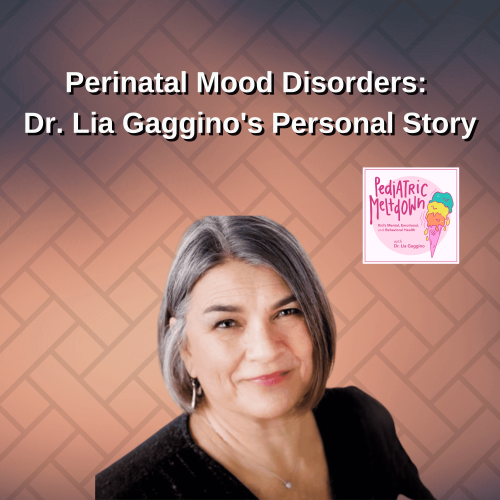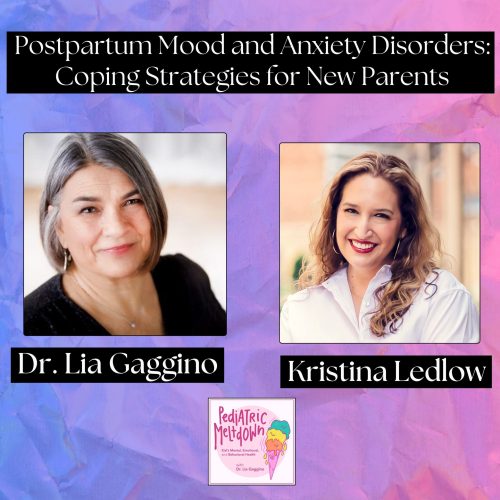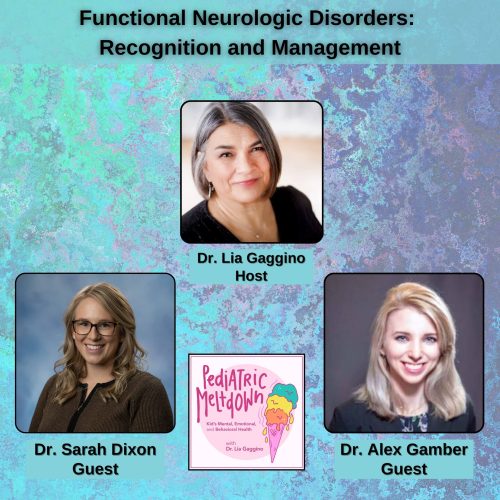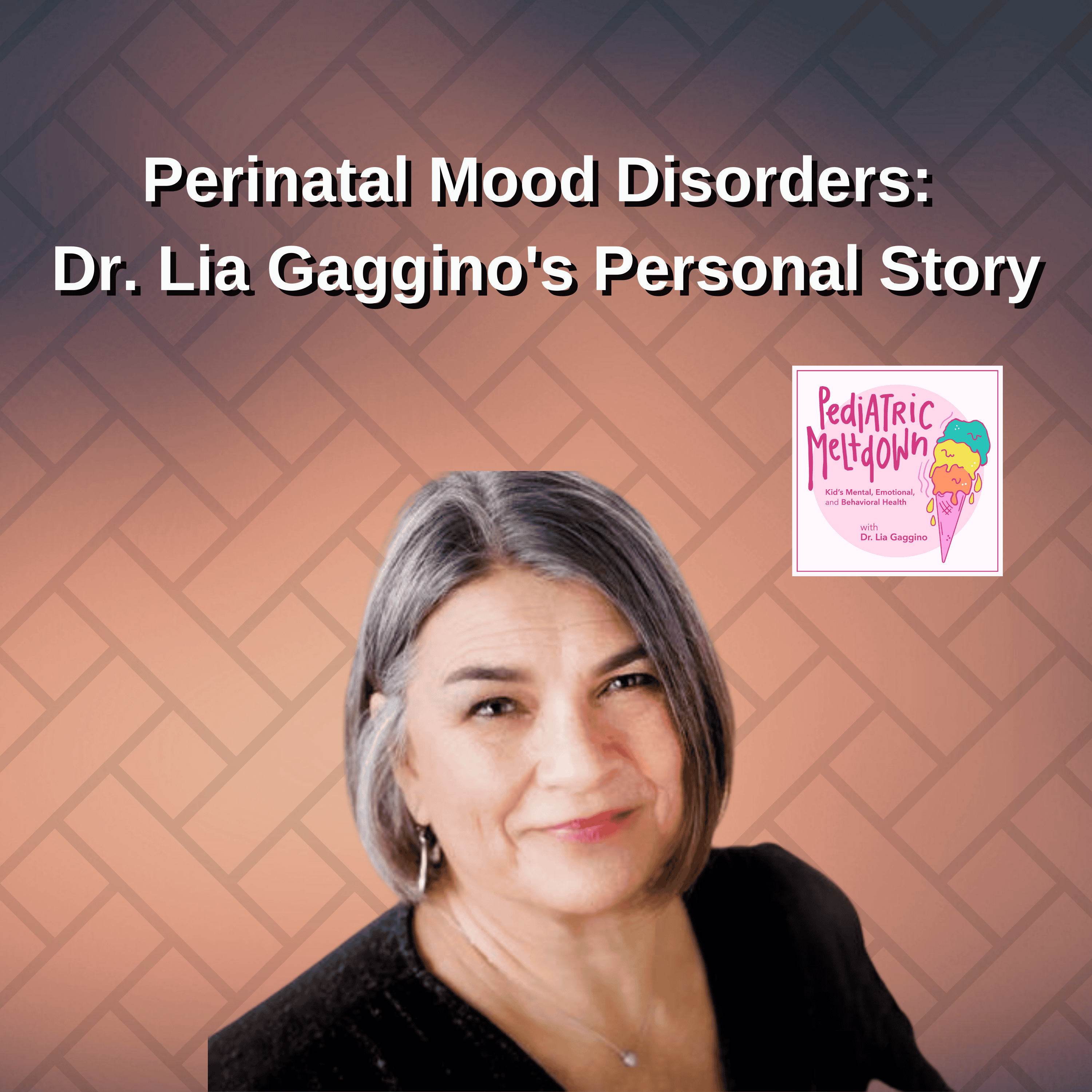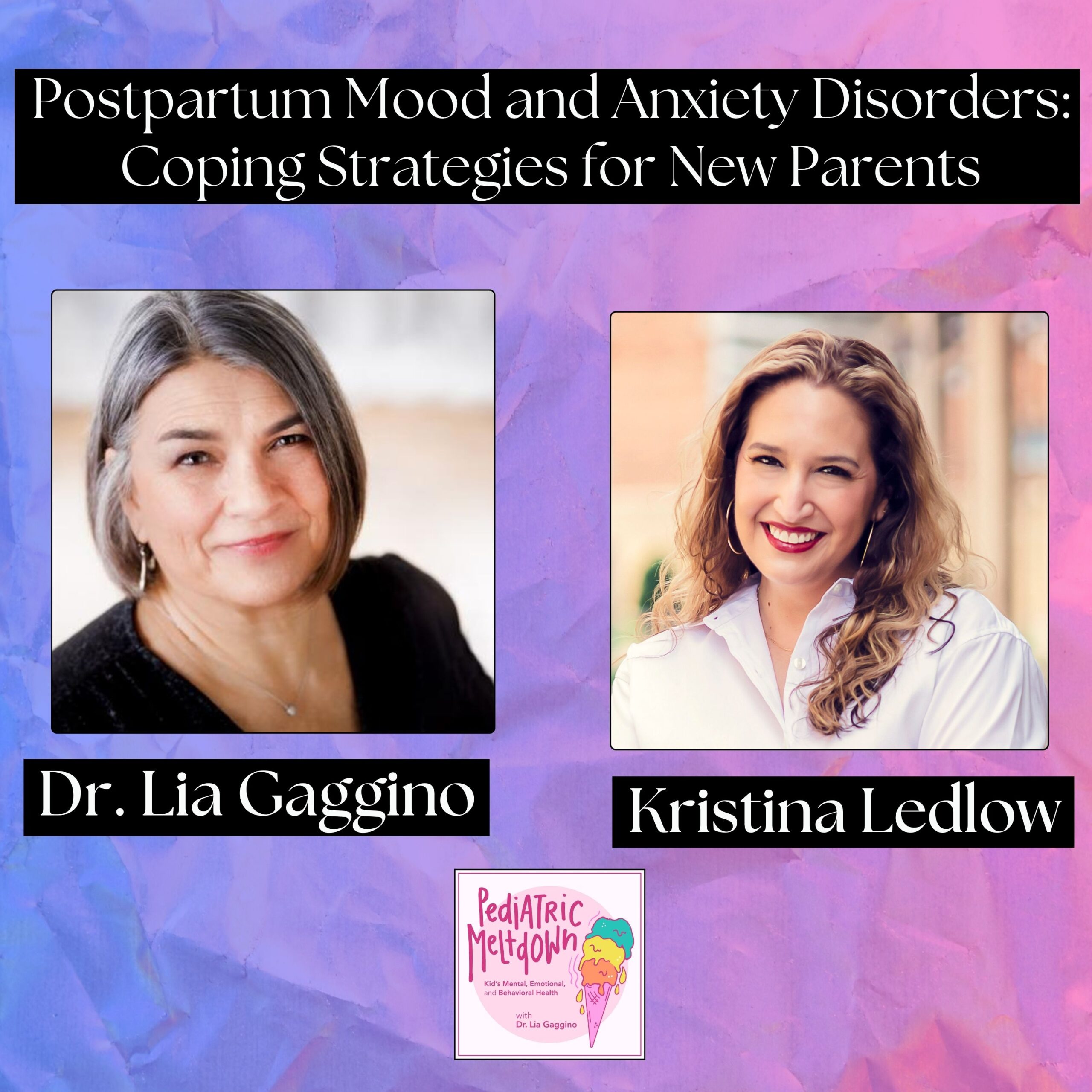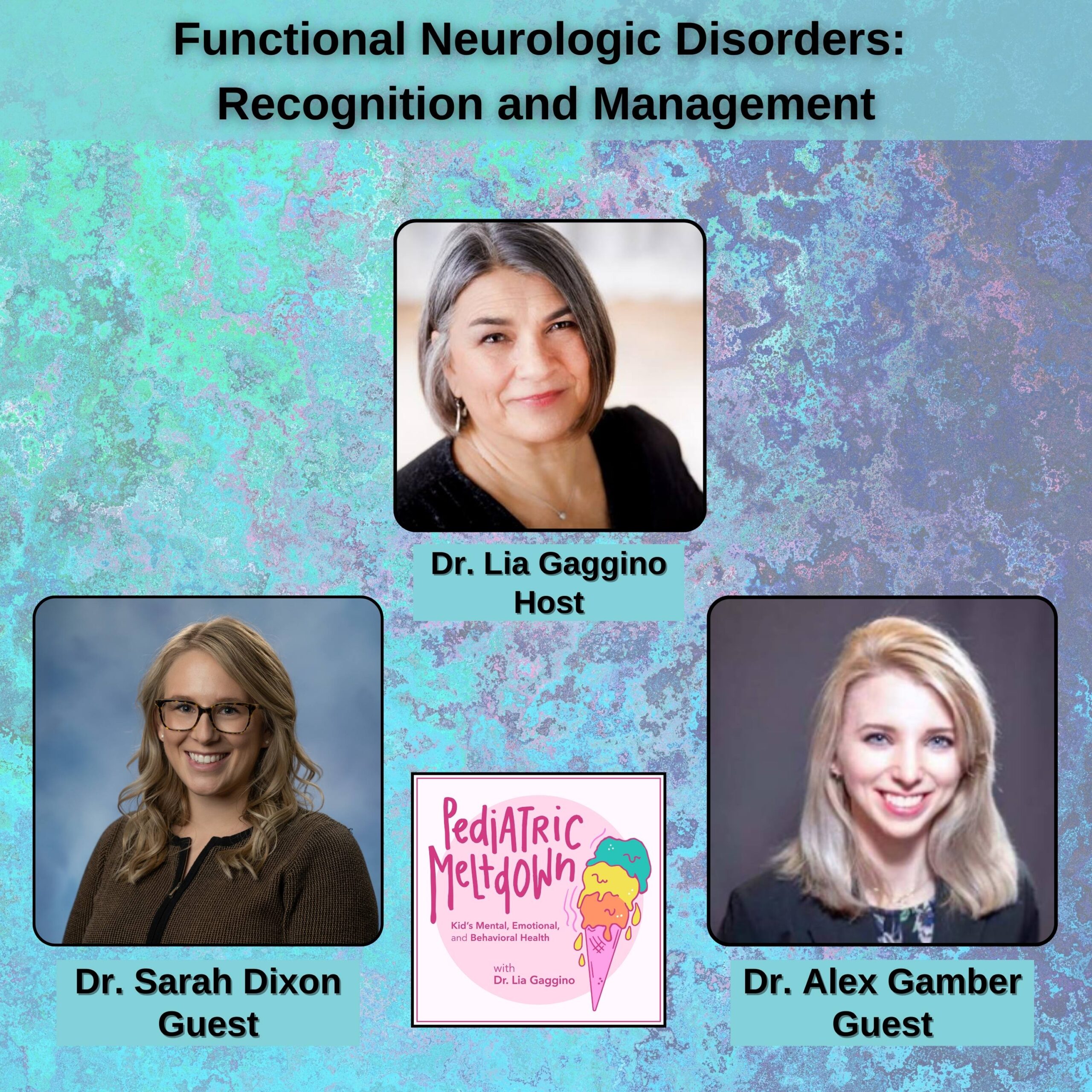Childhood can be a challenging time for many young individuals. As they try to navigate the world around them, they often display aggressive behaviors in different situations. But not all aggression is harmful, as it can be a normal part of development. Understanding what constitutes normal childhood aggression and identifying its triggers is essential for parents and clinicians alike to help children thrive. In this 2nd of a 3-part series on childhood aggression, Dr. Lia Gaggino talks with Dr. Elizabeth Wallis from the REACH Institute. They discuss the nature of childhood aggression, how parents and clinicians can identify its triggers, and how trauma can affect children’s brains. By recognizing the signs of concerning behavior early on, parents and clinicians can intervene appropriately to help young individuals grow into healthy adults. Get ready for a thought-provoking conversation.
[00:33 -14:54] Understanding Normal Aggression in Children and Identifying When to Worry
- Normal aggression is a part of development in children and can be seen in frustration, emotion dysregulation and communication difficulties.
- Consider the scenario around aggressive behavior, including who, what, when, where, and why, can give insights into the causes of aggression.
- Trauma and neglect can greatly affect a child’s brain and make them more reactive to situations.
- Trauma, neglect, and abuse can change children’s brains and lead to hyperarousal and increased reactivity to situations
[14:55- 29:01] How to Address Aggressive Behavior in Children: Tips for Parents and Pediatricians
- Teaching prosocial skills and positive reinforcement
- Teach positive social skills and give positive reinforcement for good behavior
- Implementing natural consequences for damaging behavior, such as having the child save up allowance to pay for damage
- Discuss gun safety with families and ask about access to firearms in the home in a thoughtful manner.
[29:02 -37:23] Partnering with Schools and Mental Health for Resilience-Building in Children
- The impact we can have on a child’s life as mental health professionals
- Approaching schools and mental health professionals with humility, compassion, and empathy
- Being an advocate for the child when working with schools and mental health professionals
- The need for communication and collaboration between mental health professionals, schools, and parents for the child’s success
[37:24- 45:27] The Impact of Reach Program on Pediatricians
- Reach Program helps pediatricians to realize that psycho pharm is a small part of things and communication skills matter a lot more.
- The program reinforces the importance of motivational interviewing and negotiation skills.
- The answer to all problems is not a pill; development, learning difficulties, environment, and trauma are also key factors.
- Fresh perspectives from child psychiatrists can be helpful for complex cases, and resources like the Child Psychiatry Access Program are available for pediatricians.
[45:28 -51:24] Closing segment Takeaway
You can reach Dr. Elizabeth Wallis
Social Media:
REACH Website: https://thereachinstitute.org/
REACH LinkedIn: https://www.linkedin.com/company/the-reach-institute-resource-for-advancing-children-health/
REACH Facebook: https://www.facebook.com/REACHInstitute/
REACH Twitter: https://twitter.com/reach4kids
Links to resources mentioned on the show
REACH Website:
Novel on foster care and opiate use disorders – Barbara Kingsolver “Demon Copperhead” https://www.amazon.com/s?k=demon+copperheads&hvadid=642474846899&hvdev=c&hvlocphy=9017275&hvnetw=g&hvqmt=e&hvrand=13080877742977967640&hvtargid=kwd-1933879423848&hydadcr=22536_13531205&tag=googhydr-20&ref=pd_sl_vd7ivhroy_e
ADHD Book of Lists:
Ross Greene “The Explosive Child”:
CHADD: https://chadd.org
Understanding 504 Plans: https://www.understood.org/en/articles/what-is-a-504-plan#What’s_in_a_504_plan
Other episodes you may like:
Episode #136
Youth Violence Prevention: Threat Assessment and Management (Part1)
Key quotes for Twitter:
“It [the reach course] really transformed my practice.” Dr. Elizabeth Wallis
“What can help? Teach prosocial behaviors by our own modeling! Build positive skills using natural consequences and restitution. Empower kids to make better choices and to master frustration”. Dr. Lia Gaggino
“When thinking about aggression, consider the context – the 5 W’s. What happened? Who was involved? Why did this happen? When did the behaviors occur? Where did this happen? Was it Provoked? Get the whole story”… Dr. Lia Gaggino
“It is easy to assume the worst when there are concerns about aggression. Consider the developmental stage. This is what we are so good at”.… Dr. Lia Gaggino
THANK YOU FOR YOUR SUPPORT!
Pediatric Meltdown was listed as a Top 20 Pediatric Podcast on FeedSpot.
If you’d like to connect with me, you can Tap the “What Are Your Thoughts” button at the top of the notes or you can find me on LinkedIn, Facebook, Instagram, and Twitter, or email me at [email protected] or [email protected]. To learn more about me visit https://www.medicalbhs.com/
LOVE WHAT YOU HEARD? Leave us a 5-star review so we can continue to provide you with great content. Share this episode and help people know more about children’s health and well-being.



